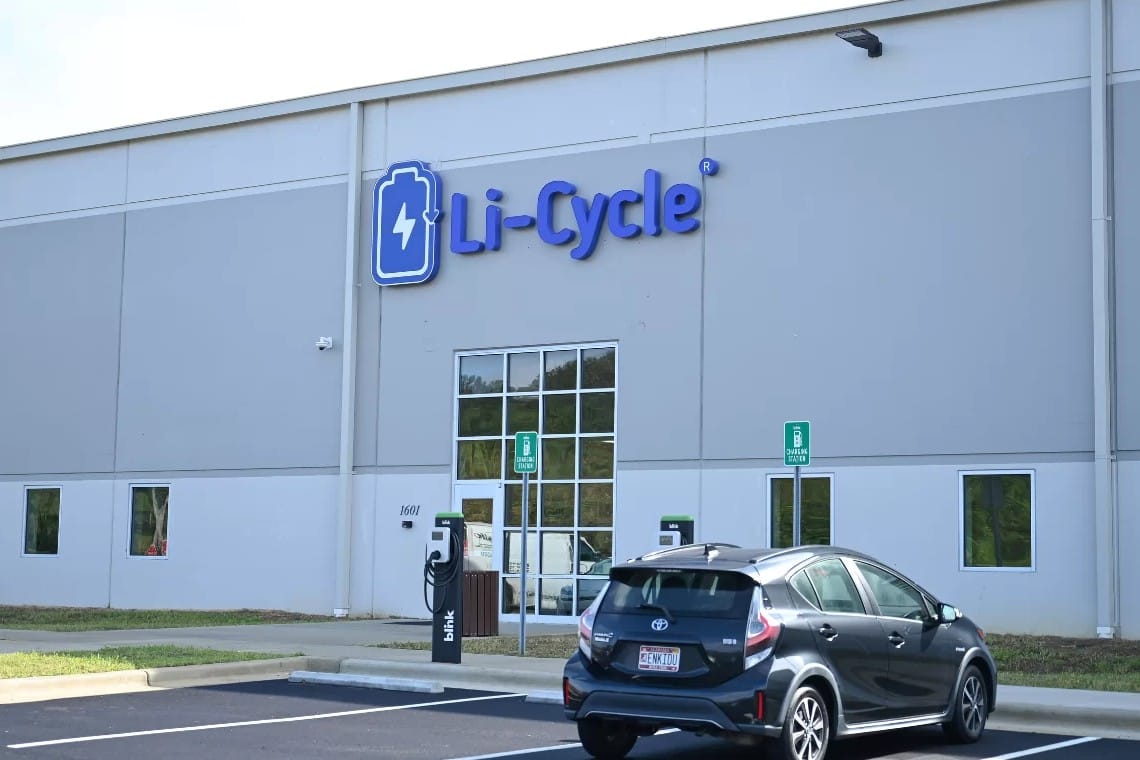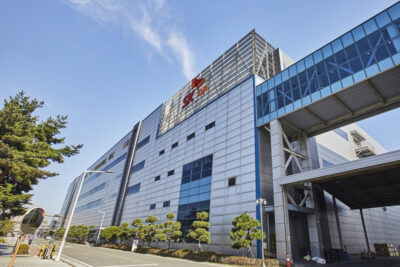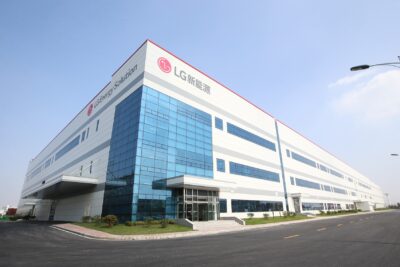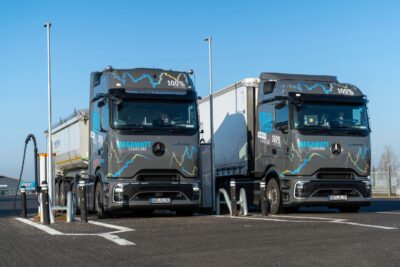Glencore is taking over Li-Cycle
Li-Cycle had already officially begun searching for a buyer in March in order to raise additional funds for further operations. In May, the financially stricken recycling company then filed for creditor protection in Canada and the United States. Even at that point, Li-Cycle creditor and partner Glencore was considered the most likely buyer. The Swiss company has now finalised the deal. They hope that the acquisition of Li-Cycle will strengthen their battery recycling business. With the spoke plant in Magdeburg, they now own one of the largest battery recycling plants in Europe.
Glencore itself has only issued a brief statement on the takeover: “As of August 8th 2025, Li-Cycle has been acquired by Glencore Plc. We’re excited for Li-Cycle to be part of Glencore and confident that this will bring continued value and enhanced service to our joint customers. All future updates, services, and support will now be provided through Glencore Battery Recycling (‘GBR’),” the company writes. The raw materials company’s customers include players from the automotive, battery and energy generation sectors, among others.
Incidentally, the creditor protection granted in May was based on Canadian and US law, depending on where the Li-Cycle operating companies were registered. Li-Cycle operates three spoke facilities in the US states of Arizona, Alabama and New York, as well as a hub in Rochester. There are also two spokes in Canada (Ontario) and Germany (Magdeburg).
Li-Cycle quickly secured debtor-in-possession financing of 10.5 million US dollars and a stalking horse bid of at least 40 million US dollars from Glencore. This is a bid for an insolvent company or its assets that is agreed in advance of an auction in such a way that it effectively acts as a minimum bid. Glencore worked quickly from May onwards to acquire Li-Cycle. What’s more, negotiations between the two sides regarding a potential deal are said to have taken place even before the creditor protection proceedings. Li-Cycle had been struggling with rising costs and delays for some time. For example, construction of the Rochester plant had to be halted in November 2023 because the total costs had exceeded the project budget.
Li-Cycle specialises in recycling batteries and production waste from battery manufacturing. The materials are first collected and processed in spoke facilities. These facilities, which are located as close as possible to customers, carry out the mechanical processing of the batteries. The end product contains primary materials such as aluminium and copper, as well as black mass containing valuable battery active materials. The actual hydrometallurgical recycling of the black mass from the spokes then takes place in the central hubs in order to extract the individual raw materials for the production of new batteries. In North America, this was planned to take place at the company’s own hub facility in Rochester, while the hub for Europe was to be built at the Glencore facility in Portovesme, Italy.
As part of the takeover, Glencore has now not only gained the North American sites but also the spoke facility, which opened in Magdeburg, Germany, in September 2023, marking Li-Cycles’ entry into the EU. At the inauguration, it was announced that the first processing line on site could recycle up to 10,000 tonnes of battery material per year.





0 Comments